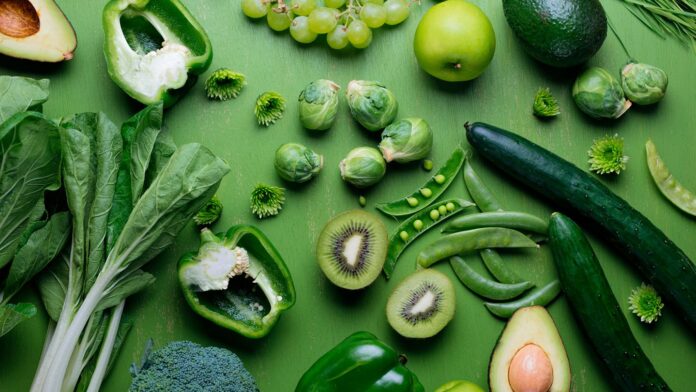Nutrient density refers to the amount of essential nutrients, such as vitamins, minerals, and antioxidants, present in a food relative to its calorie content. Nutrient-dense foods are those that provide a high concentration of these valuable nutrients without an excessive number of calories. Here are 11 of the most nutrient-dense foods on the planet:
- Kale: Kale is a leafy green vegetable that is incredibly rich in vitamins (especially vitamin K, A, and C), minerals (such as calcium and potassium), and antioxidants. It’s also a good source of fiber.
- Spinach: Like kale, spinach is another leafy green that is packed with vitamins (A, C, K), minerals (iron, magnesium), and antioxidants. It’s also low in calories.
- Broccoli: Broccoli is a cruciferous vegetable loaded with vitamins (C, K), fiber, and various antioxidants, including sulforaphane.
- Salmon: Salmon is a fatty fish that provides an excellent source of omega-3 fatty acids, which are essential for heart and brain health. It’s also rich in protein, vitamin D, and selenium.
- Blueberries: Blueberries are known for their high levels of antioxidants, particularly anthocyanins. They also provide vitamins (C, K), fiber, and various other beneficial compounds.
- Sweet Potatoes: Sweet potatoes are rich in beta-carotene, a precursor to vitamin A, as well as fiber, vitamins (C and B6), and minerals (especially potassium).
- Almonds: Almonds are a great source of healthy fats, fiber, protein, vitamin E, magnesium, and antioxidants. They are also a convenient and satisfying snack.
- Quinoa: Quinoa is a whole grain that’s high in protein and contains all nine essential amino acids. It’s also rich in fiber, vitamins (B vitamins), and minerals (especially magnesium).
- Chia Seeds: Chia seeds are tiny powerhouses of nutrition, packed with fiber, omega-3 fatty acids, protein, vitamins (B vitamins), and minerals (calcium, magnesium).
- Lentils: Lentils are a low-fat source of plant-based protein, fiber, and various essential nutrients, including iron, folate, and potassium.
- Seaweed: Seaweed, such as nori, wakame, and kelp, is incredibly nutrient-dense, particularly in terms of iodine, which is essential for thyroid function. Seaweed is also a good source of minerals, vitamins (such as B vitamins), and antioxidants.
Incorporating these nutrient-dense foods into your diet can help you ensure that you’re getting a wide range of essential nutrients while keeping your calorie intake in check. A balanced diet that includes a variety of nutrient-dense foods is key to maintaining good health and well-being.



